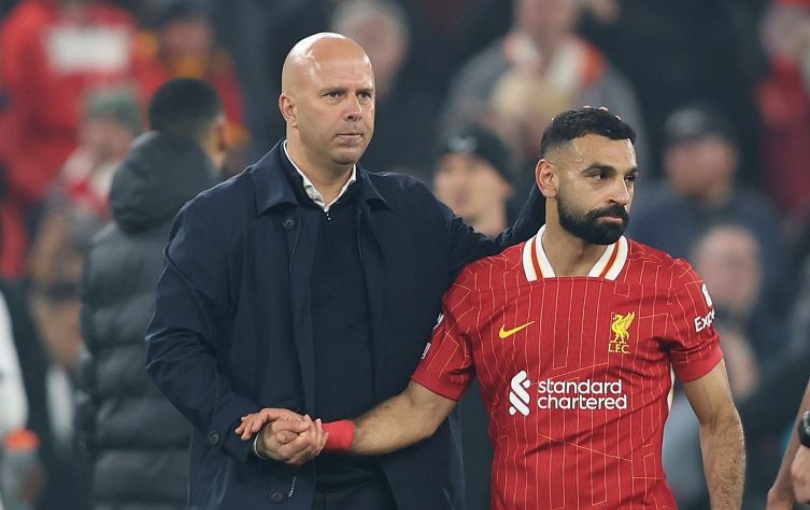Bury Q&A: What happens next at the crisis club?
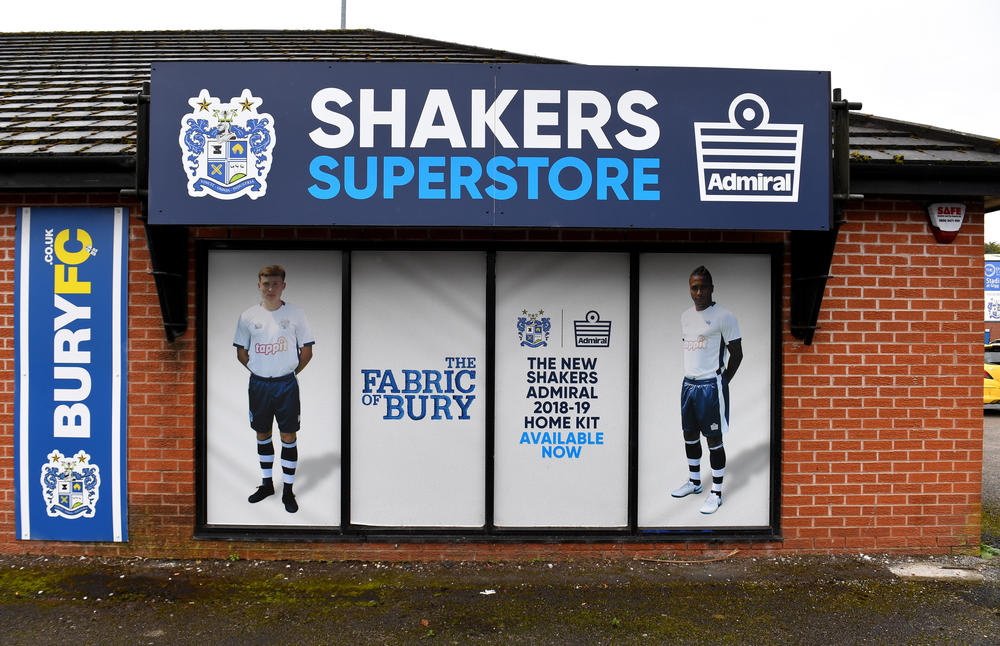
Bury’s 125-year stay in the English Football League came to an end on Tuesday when the Shakers were expelled from the league – a move that will almost certainly lead to their liquidation.
Here, the PA news agency explains what happens next.
What does liquidation actually mean?
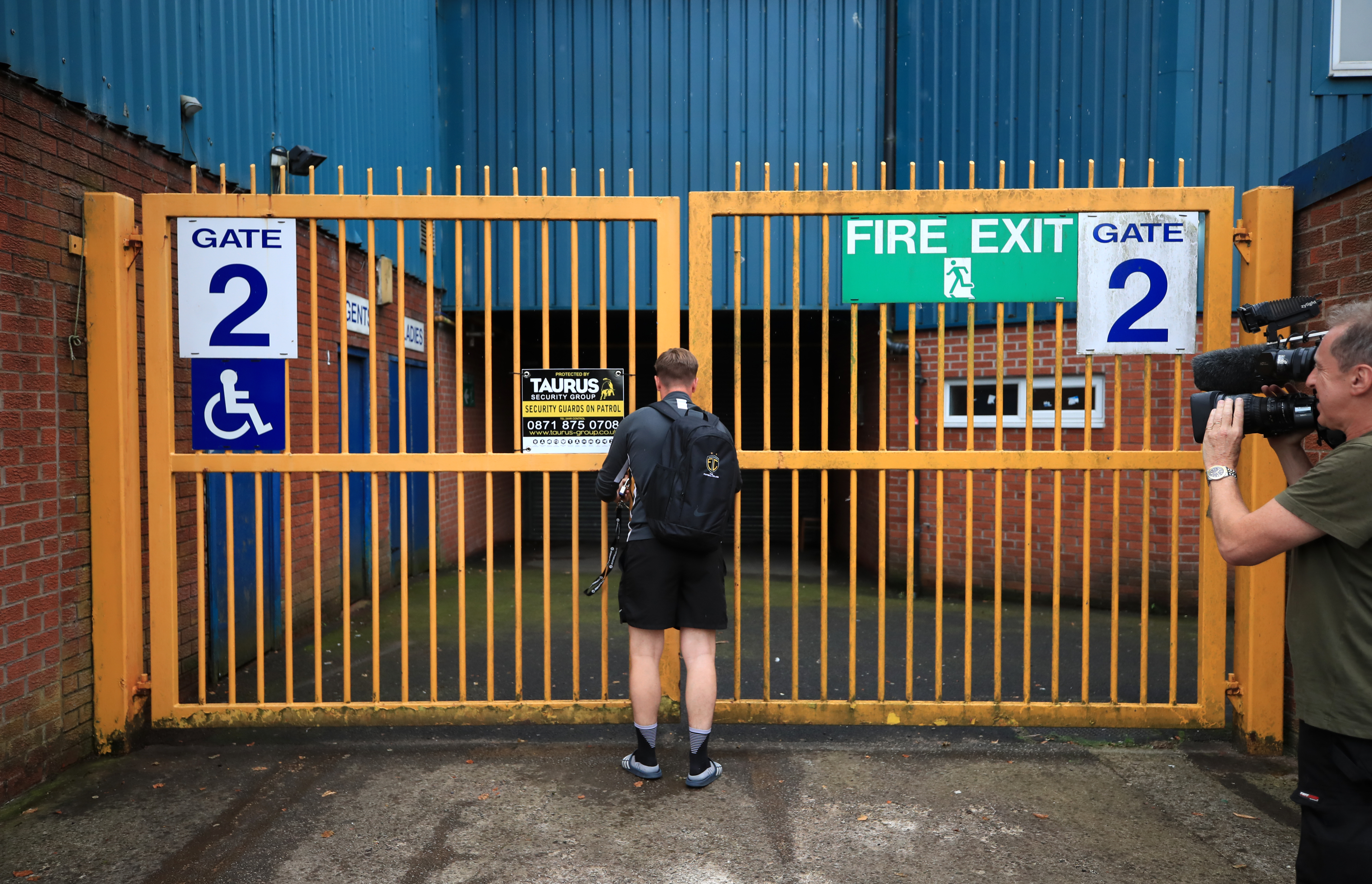
This is what happens when companies die or become insolvent, in the official parlance. Unable to pay their bills as they become due, the companies are shut down and their remaining assets are sold off to pay creditors. The process is overseen by a liquidator, who also has a legal obligation to investigate any potential wrongdoing by the company’s directors.
What happens to the stadium?
This is usually the most valuable asset but owners at failing clubs typically try to plug gaps in the books by borrowing money secured against the stadium, training ground or any other property the club might have: Bury are no different. In fact, it was the high mortgages on the stadium and adjoining land that scared off potential rescue bids. London-based lenders Capital Bridging Finance Solutions Ltd hold the key mortgage on Bury’s Gigg Lane home. It has a book value of £3.7million, double its redevelopment value.
Does this mean it is likely to be knocked down?
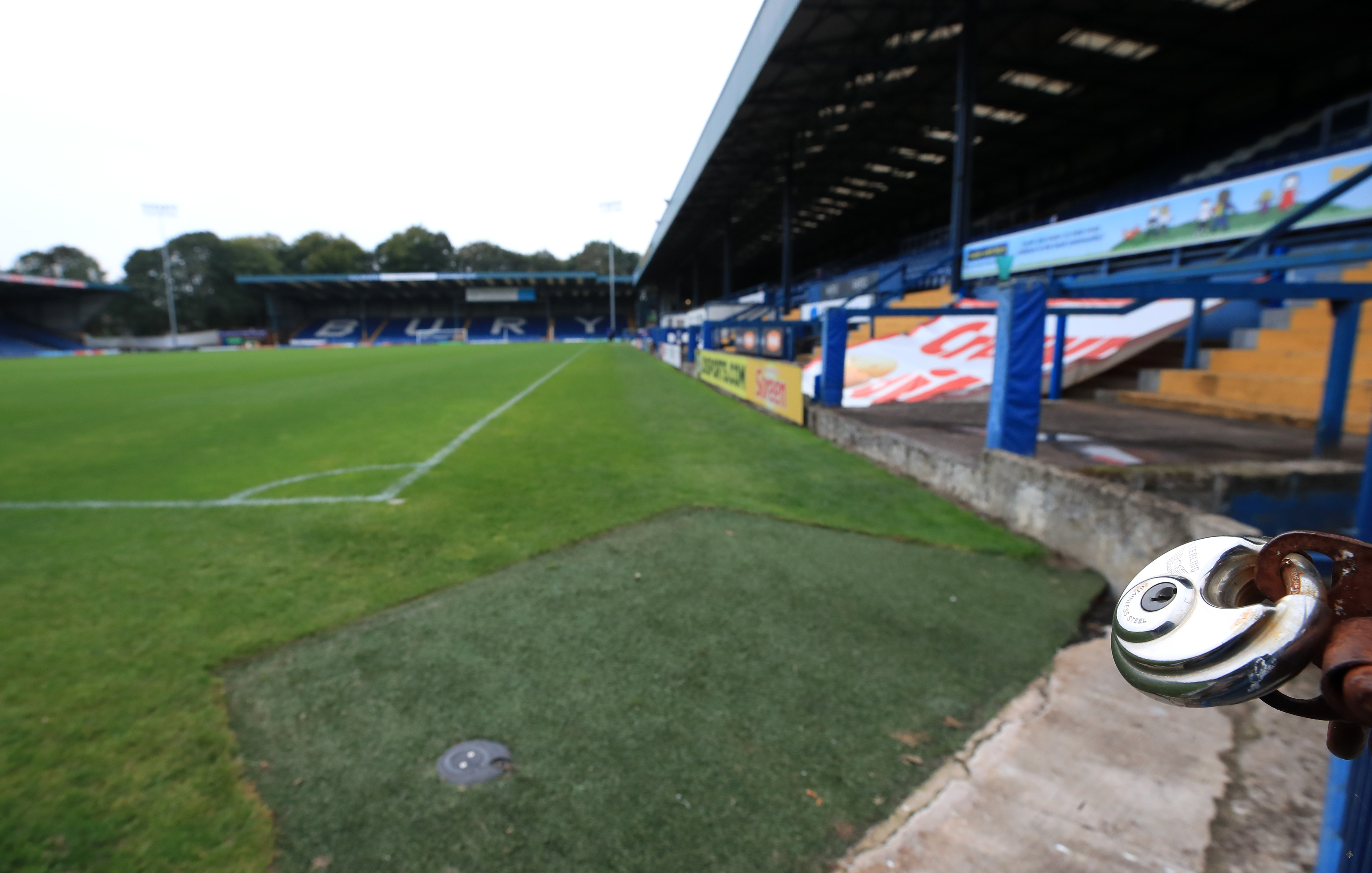
No, although anything is possible. As mentioned, despite being a relatively large plot of land, Gigg Lane has limited redevelopment value because there is already plenty of housing nearby and a covenant on the ground, which means it is meant to be used for sport or recreation. In short, by far the best use of Gigg Lane is using it as a base for a professional sports club. This is what the local council wants too, which would make any application to change Gigg Lane’s use problematic.
Could the club return renamed and in a lower league?
Absolutely, and the ‘phoenix club’ route is well-travelled now. The last two clubs to be expelled from the EFL, Aldershot and Maidstone in 1992, both reformed and started again, as have the likes of nearby Chester and Halifax. The FA decides where in the pyramid a new club can start but a demotion of four or five tiers is typical, which means a reformed Bury could begin playing in the Northern Premier League’s North West Division next season.
How do you actually do this?
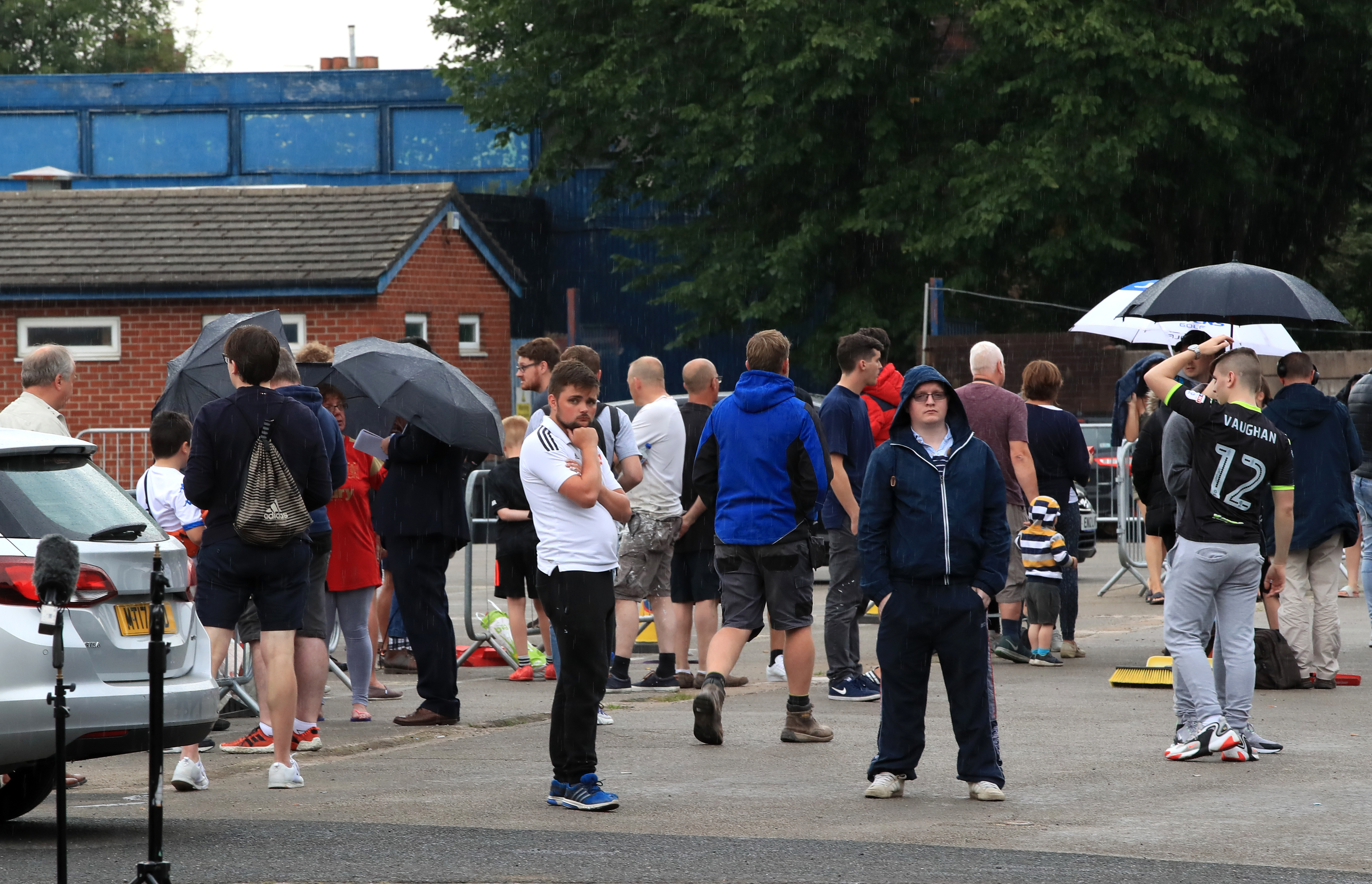
The first thing is for the fans to get organised and united. Then, they need to find somewhere for their new club to play. If they can do a deal with whoever ends up owning Gigg Lane, it should be relatively easy to get one up and running, as the Northern Premier League would want a club with Bury’s heritage and support. After that, Bury could hire a new manager, look for players, start selling tickets and begin to look forward to climbing the leagues again. But even if they cannot gain access to Gigg Lane, or it is too expensive for them to run initially, they can find a smaller, temporary home, perhaps a ground-share, and start life there.
Get FourFourTwo Newsletter
The best features, fun and footballing quizzes, straight to your inbox every week.
What happens to the players?
Their contracts are now null and void, so they are free agents. In practice, most of Bury’s League Two promotion-winning squad, which the club clearly could not afford, have left already. The club had stopped paying them in March, anyway, and the Professional Footballers’ Association stepped in to help out. As of Tuesday’s missed deadline for new funds or new ownership, Bury only had four senior players and 16 scholars, who have been diligently training every day, in anticipation of a season-opener that never came. Hopefully, they can now all find new homes.
FourFourTwo was launched in 1994 on the back of a World Cup that England hadn’t even qualified for. It was an act of madness… but it somehow worked out. Our mission is to offer our intelligent, international audience access to the game’s biggest names, insightful analysis... and a bit of a giggle. We unashamedly love this game and we hope that our coverage reflects that.

